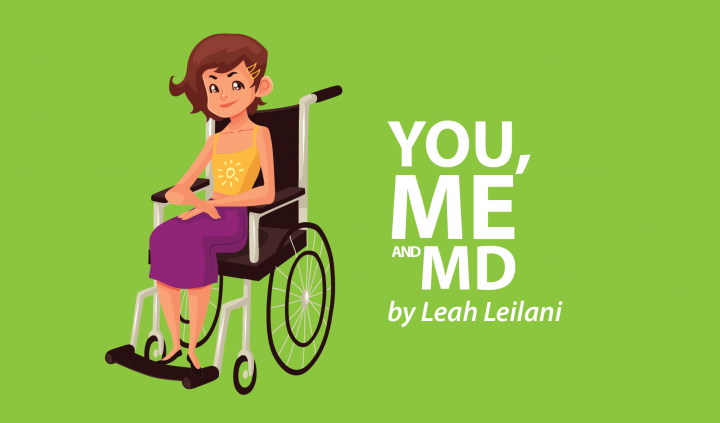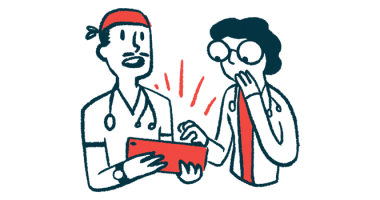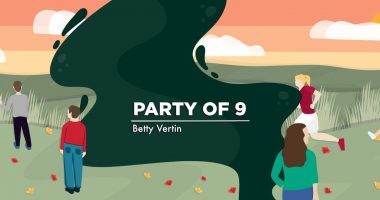Joining a Support Group Can Make a Difference
by |

As a kid, I found it difficult to bond with other children with muscular dystrophy (MD). As a young teen, I often compared myself to others — including those living with MD. The invisibility of my disease often made me feel like an outcast. The rarity of my type of MD didn’t help either.
When I look back, I realize that these comparisons were silly. Muscular dystrophy is a wide spectrum of symptoms and appearances.
Now that I’m older and have a job spreading awareness in the disability community, my perspective has shifted. Rather than focusing on the differences between myself and others with disabilities, I see the similarities we share. Even if I do not have the same disease as someone else, I can empathize with them on matters such as disability inclusion and discrimination.
Without this change in mindset, I might not have considered participating in a mitochondrial myopathy support group.
Support groups are not for everyone. I experienced symptoms of depression after I joined some mitochondrial disease groups on Facebook. Waking up to parents lamenting about their children’s lost battles reminded me that, in my case, the disease’s life expectancy was once 20 years.
However, despite my initial hesitation, I decided to continue participating in the groups. I soon discovered that I could offer help and comfort to others by sharing my experiences and struggles. For example, if a fellow patient posted a question about what sleep aid to use, I could share what medications I had tried and what worked well for me.
While a member of the Facebook group of the United Mitochondrial Disease Foundation, I’ve learned about current research and diagnostic procedures that were unavailable when I received my diagnosis 15 years ago. Certain types of mitochondrial diseases can now be diagnosed using a simple DNA swab. I’ve also learned about other mitochondrial diseases of which I was previously unaware. The type that I have is hereditary; other forms can be caused by gene mutations due to environmental and other factors.
Another Facebook group I joined is called Mito Rocks 19. In this group, members are encouraged to paint rocks and hide them in public spaces. Each rock features a prompt on the back for the finder to share a picture on social media. They then rehide the rock for someone else to discover. The project aims to spread awareness of mitochondrial myopathy.
I encourage you to join a support group. If not for yourself, do it for someone else with the same disease who may be struggling. Our journeys and stories, whether positive or negative, can make a difference.
***
Note: Muscular Dystrophy News is strictly a news and information website about the disease. It does not provide medical advice, diagnosis, or treatment. This content is not intended to be a substitute for professional medical advice, diagnosis, or treatment. Always seek the advice of your physician or another qualified health provider with any questions you may have regarding a medical condition. Never disregard professional medical advice or delay in seeking it because of something you have read on this website. The opinions expressed in this column are not those of Muscular Dystrophy News or its parent company, BioNews Services, and are intended to spark discussion about issues pertaining to muscular dystrophy.








Comments
bhupesh
VERY USEFUL AND POSITIVE . LIKE TO GIVE 5 STAR
Leah Leilani
Thank you! That means so much to me!
Ali
hi
I have myopathy and I want to know more about our disease. Please introduce groups to join me (on Facebook, etc.)
Many Thanks